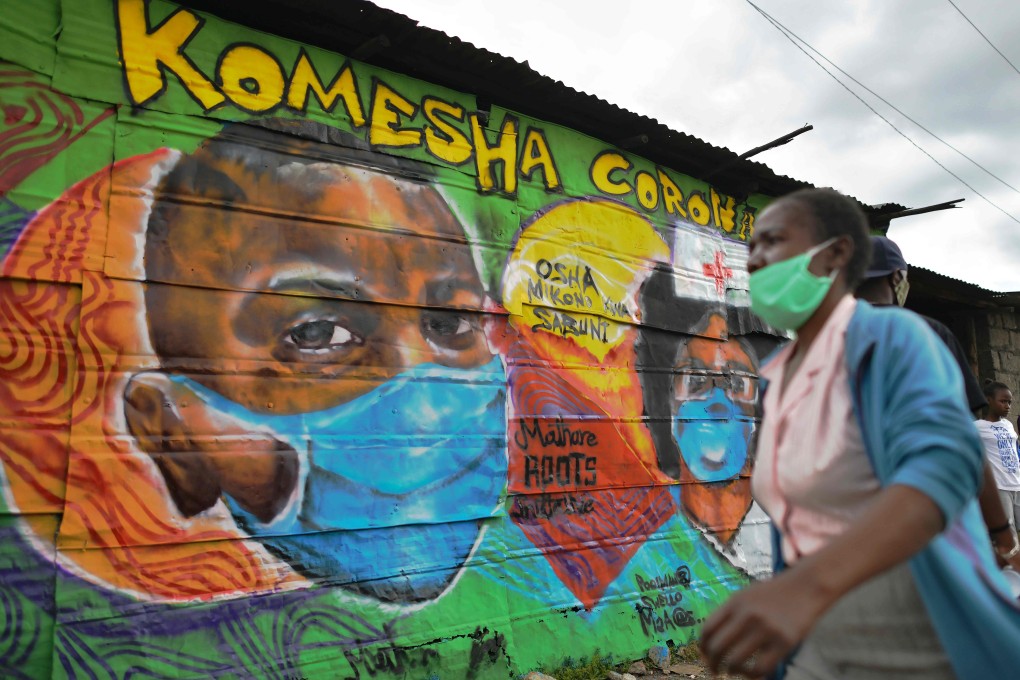African countries ease coronavirus lockdowns to avoid hurting poor
- Tough restrictions imposed to curb spread of Covid-19 may not work for poor nations, experts warn
- Africa’s workers lack financial freedom to work from home or even forgo jobs and wages amid pandemic

The move comes amid cautions that the trade and movement restrictions have been harming Africa’s poor who have to go out each day to eke out a living. In Africa, experts say, workers are less able than their peers elsewhere in the world to avoid infection by working from home or even forgoing jobs and wages.
Kenya, Nigeria, South Africa, Ghana, the Democratic Republic of Congo, Egypt and Algeria are implementing a phased easing of restrictions to allow citizens to do business to boost economies that are reeling from the coronavirus’ impact.
In Nairobi, the government has opened a small window in the economy to allow cafes and restaurants to reopen on condition they test their food handlers for coronavirus and enforce social distancing and hygiene measures. The restaurants will operate between 5am and 4pm, while a dusk-to-dawn curfew remains in effect.
“We will allow restaurants that show the highest levels of health regulation compliance, and the ability to arrange for employee testing, to undertake minimal operations while maintaining measures that mitigate against the spread of the coronavirus,” Kenyan president Uhuru Kenyatta said.